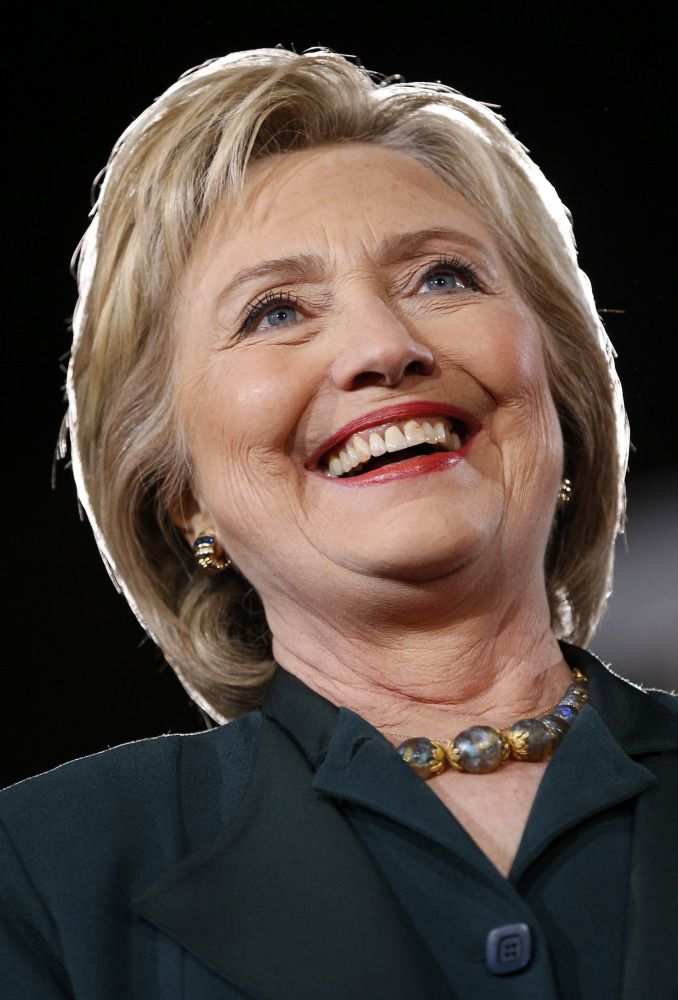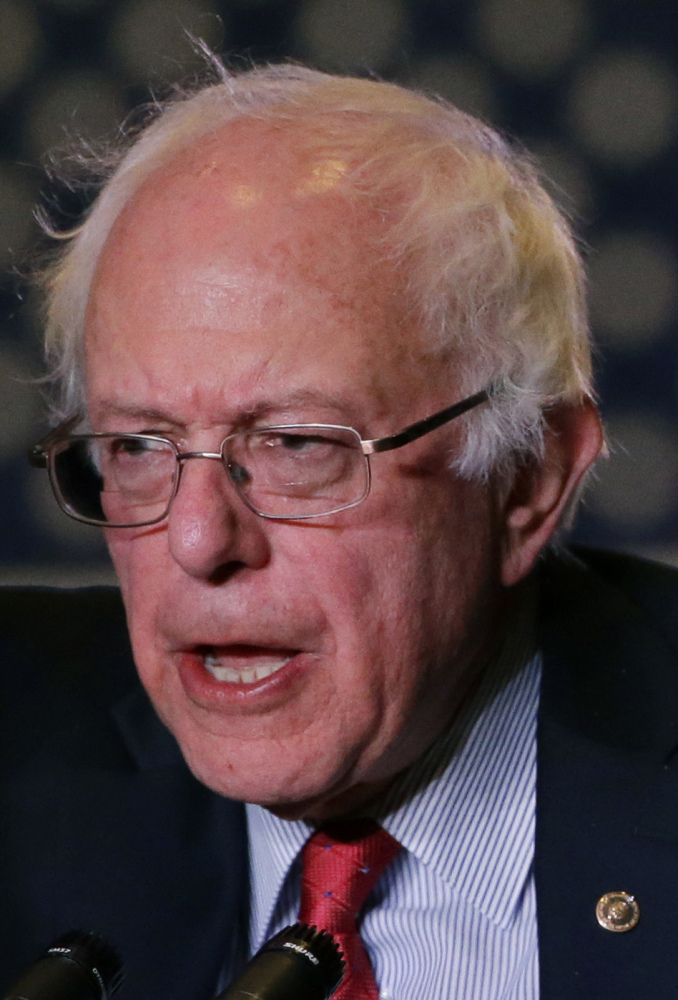Bernie Sanders, his momentum slowed by a loss to Hillary Clinton in Nevada, faces two tests in the weeks ahead: parceling out his formidable resources to the states that offer his best targets, and boosting turnout in what thus far has been a mediocre year for it.
His path to the Democratic nomination, already steep, has narrowed considerably now that Clinton has re-established herself as the all-but-prohibitive front-runner. To actually win the nomination, Sanders acknowledged Sunday that he will have to begin winning again, as he did when he trounced Clinton in New Hampshire.
“We’re studying that issue very closely, obviously, as to where we allocate our resources and allocate my time,” Sanders said.
Though Sanders campaigned in South Carolina on Sunday, his prospects there are dim – as evidenced by the fact that he neglected to mention the Palmetto State’s upcoming contest as he ticked off a handful of upcoming states where he can win.
Nonetheless, the race is likely to continue for a long time, as it did in 2008, with one factor reversed.
This time, the African-American vote is expected to be a big advantage for Clinton.
Clinton is a heavy favorite in South Carolina, the state where her defeat by Barack Obama marked a turning point in the Democratic primary eight years ago.
Her support among African Americans, who make up more than half of the Democratic electorate there, give her what appears in polls to be an insurmountable advantage.
Then the campaign moves into a trove of diverse, delegate-rich southern states that are also considered favorable terrain for Clinton.
Sanders has the ability to remain in the race for the distance, thanks to his fundraising abilities and to the Democrats’ system of allocating delegates proportionally rather than in a winner-take-all fashion.
In 2008, Barack Obama caught Clinton’s presidential campaign off balance by running up its delegate totals in caucus states – a mistake that Clinton’s team has vowed it will not repeat. She has won the first two caucus states, Iowa and Nevada. And her Colorado and Minnesota operations have been up and running since last fall.
Sanders’ strategist Tad Devine, however, noted that his candidate received more votes than any of either party in the history of the New Hampshire primary, which he said proved that the senator could do well in an electoral setting like that state, where independents are allowed to cast ballots in the Democratic primary.
More recently, Sanders and his strategists have begun talking up their chances in Michigan, which holds its primary on March 8. Both the Sanders and Clinton campaigns last week began airing their first television ads.
“We can have a big showdown in Michigan,” Devine said. “If we can beat her in Michigan, I think we can go into March 15 with a lot of momentum.” On that date, five states vote.
Send questions/comments to the editors.




Success. Please wait for the page to reload. If the page does not reload within 5 seconds, please refresh the page.
Enter your email and password to access comments.
Hi, to comment on stories you must . This profile is in addition to your subscription and website login.
Already have a commenting profile? .
Invalid username/password.
Please check your email to confirm and complete your registration.
Only subscribers are eligible to post comments. Please subscribe or login first for digital access. Here’s why.
Use the form below to reset your password. When you've submitted your account email, we will send an email with a reset code.